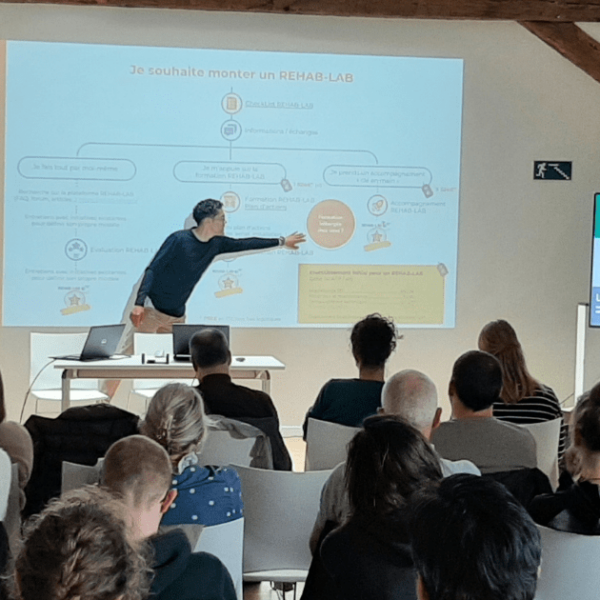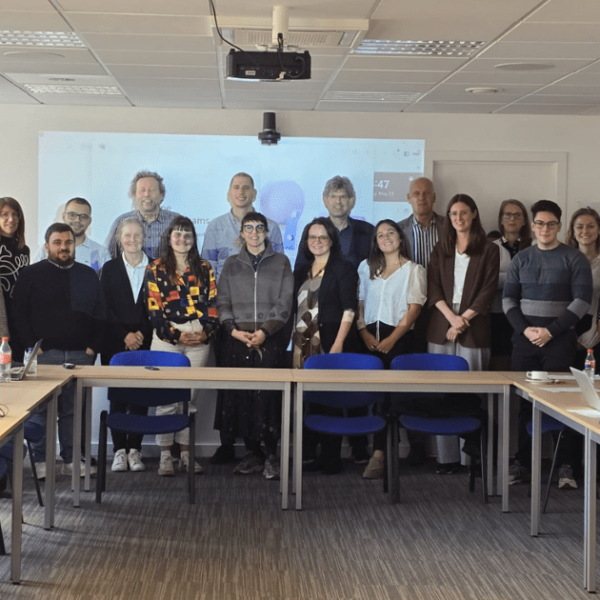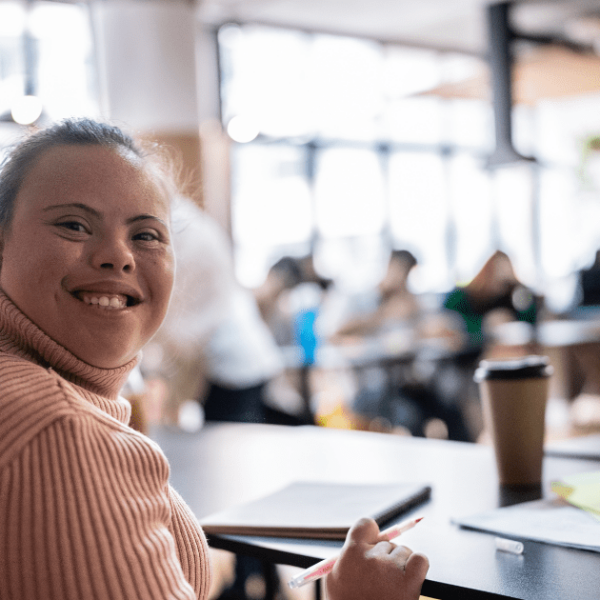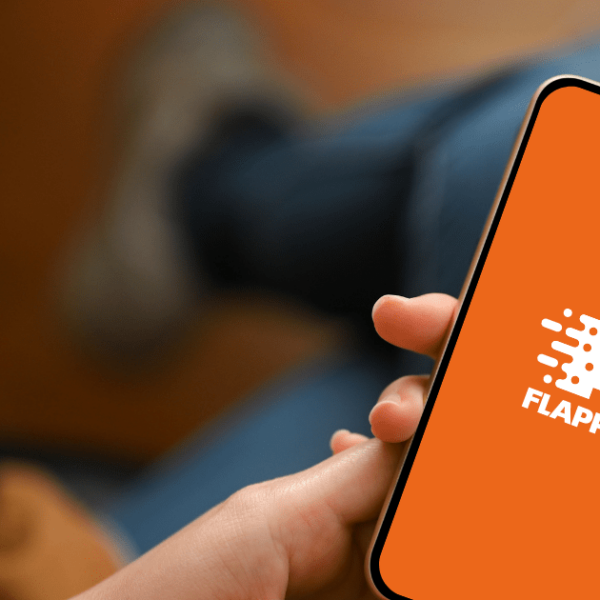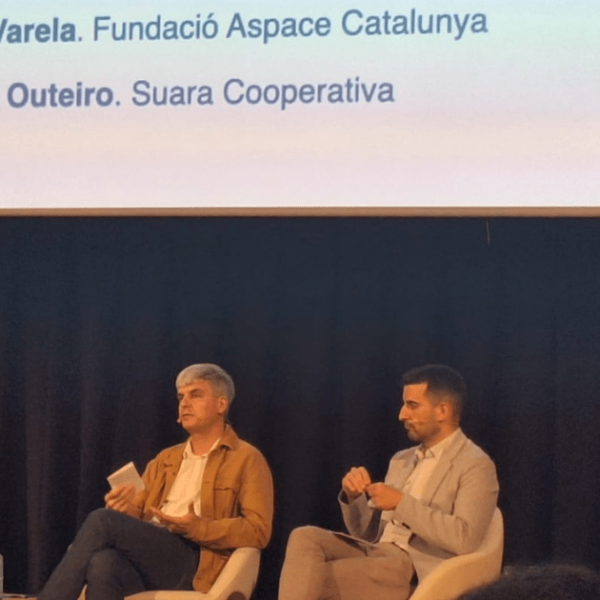The 2nd debate on Big Data analyzes benefits for Social Services: prevention, personalization, planning and efficiency
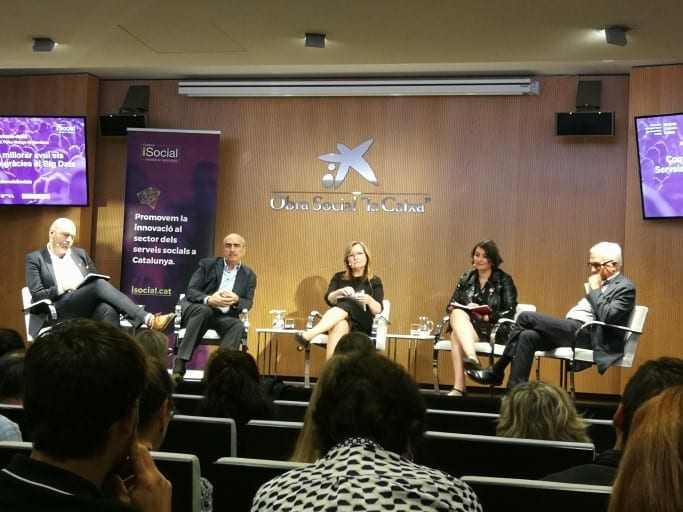
The 2nd debate on Big Data analyzes benefits for Social Services: prevention, personalization, planning and efficiency

On Tuesday, October 29th, at the Palau Macaya in Barcelona, the 2nd debate on the “Big Data and Social Services” reflection cycle, organized by the Fundació iSocial, with 72 participants, mainly from city councils, academics and Third sector entities. Four prestigious speakers have been exposed and analyzed because today the mass data processing or Big Data can help advance social services in four areas of improvement that are very necessary: prevention, personalization, planning and efficiency.
About the strengthening of the preventive approach of Social Services thanks to the Big Data has spoken Meritxell Benedí, Director of Social Services of the Government of Catalonia, which has highlighted the need for the Social Services system of Catalonia today to have of evidence to be able to improve, and announced that with this objective, soon the program-contracts and concerts of the Department of Work, Social Affairs and Families will include a clause that will allow the Department access to the data of local Administrations and service providers.
From the personalization of the services to the citizens, has talked José Antonio Ondiviela, director of SmartCities Solutions of Microsoft Western Europe, who said that despite the difficulties that have the Social Services information systems, today we already have enough data and of sufficient quality to obtain useful knowledge for the improvement of the Social Services system, and has shown several examples of the benefits that this may entail.
Then, Tomas Lethinen, data analyst at the Espoo Town Hall (Finland), has explained the fifteen-year experience of the city council of this Finnish city, the second in the country, in the massive treatment of data with the purpose of improving the planning of policies and social budgets. For example, they have analyzed the data of their half a million inhabitants for 14 years, to make predictions about the future demand for Social Services; or risk factors of 300,000 families are analyzed for 10 years to predict the future needs of the child protection system. Another of the benefits of the Big Data has been the best knowledge of the efficiency of the processes of social inclusion of the immigrant population of the municipality.
Finally, Dr. Josep Maria Picas, a consultant for ICT and information systems in the healthcare environment, has presented a compilation of recent health sector learning in order to improve their efficiency thanks to the Big Data, which can be very useful today at Social Services sector when addressing this challenge.
The cycle will continue on November 19th. In this 3rd debate we will discuss “Predictive models and automation in Social Services. Opportunities and critical factors”
Actualitat


